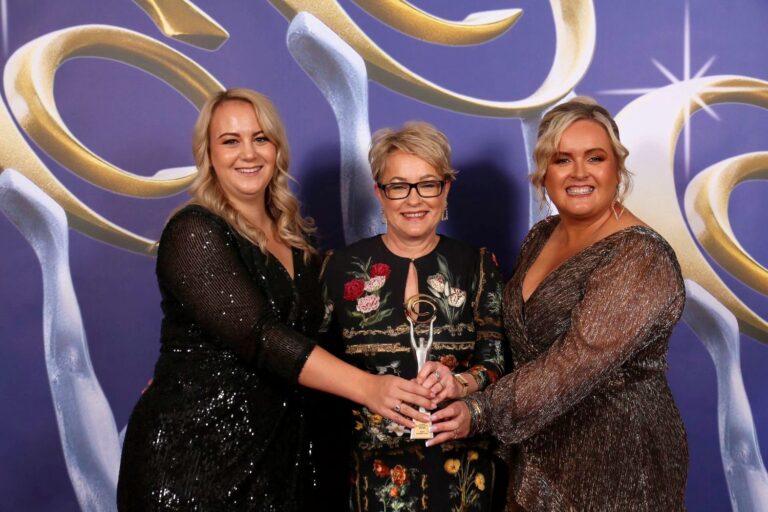There is a threat to business that we must unite to stop. It is invading organisations through its documents, meetings and emails. ‘Management Speak’ is bad for business and is driving me, your customers and many of your staff to despair.
I can forgive some industry jargon from time to time. This is far worse. Meaningless buzzwords are multiplying faster than cane toads or rabbits. Everyone is ‘on a journey’, ‘touching base (online and offline)’ or ‘working in a space’.
I read a document recently with the following sentence. “Reporting and appropriate descriptive language to be used to describe each portfolio is also being standardised amongst stakeholders.” I think the author meant to say “We’re describing each department in the same way.” I think …
‘Management Speak’ is bad for business
That’s just one of the problems with ‘Management Speak’. It hinders effective communication. You know how you feel when you come out of a meeting with Derek, Group Executive Team Member from the Strategic Corporate Responsibility Framework Portfolio Unit*. You nodded politely but came away wondering what it was that he actually said and what you just agreed to do.
Management speak adds unnecessary length to corporate documents. More than half of most documents I read now are ‘operationally redundant’ (see it is contagious, I should have said ‘useless’). It is ironic and inefficient in today’s business world, given we’re all being asked to do more in the same amount of time. Many of these documents are more useful as a doorstop or a cure for insomnia. So no one reads them, which kind of defeats the purpose of putting them together?
Worse than using multiple buzz words to try and sound clever, words such as ‘engagement’, ‘consultation’ and ‘strategy’ have sometimes become euphemisms for inaction.
Sadly, I think Derek and his mates aren’t so sinister. They now permanently speak this way and have forgotten that what’s coming out of their mouths is, well, crap. (‘Honey, did you ‘diarise and undertake an effective divestment of the waste emplacement receptacle?’ ‚Äì otherwise known as ‘put the bin out’). Derek, forward-looking companies don’t need to invest in quality transitional contingencies for communication. They need to simply give staff and customers useful information. That way customers and staff can understand what they need to do so that they can do their job really well or buy more stuff without complaint or confusion.
My top ‘Management Speak’ list
If you are using these words and phrases in your business, STOP now. I am sure you can add to the list. Please do so in the comments section below.
- Incentivise
- Moving forward
- Strategic stakeholder engagement
- Transitioning pathway
- Systemised alignment
How to avoid ‘Management Speak’?
There isn’t enough room in this column to discuss why we’ve been invaded my management speak. It is more important that we get rid of it. Although, my three tips for making management speak redundant give some clues as to my ‘multi-dimensional root cause analysis’.
- Get clear on what you are communicating and then you won’t have to use trendy buzz words to sound clever. If you don’t know what you are talking about then be quiet and find someone who really does know.
- Reduce the number of words in your communication. Size does matter and in the fight against ‘Management Speak’, less is more. Ask whether each word needs to be there.
- If you can’t avoid those meetings with Derek then play a fun game called bulls#&t bingo. Whenever you are in a meeting attended by far too many people, all outdoing each other to chime in with a buzz word, take along a bingo style card with management speak words and phrases in each box. (You can get them from the Internet ‚Äì place the term in your search engine.) Once you hear them all (or get a row if it is a short meeting) I dare you to stand up and exclaim ‘bingo’.
Persistence is vital in this battle. People will still try to take a ‘helicopter view’ and ‘think outside the square’ with you so they may ‘synergistically incentivise’ and ‘engage the stakeholders’ in a ‘cascading 360 degree framework’ to ensure everyone is on a ‘pathway’ to the same ‘strategic core competencies’ because that will be a ‘win-win’. And we all know what that means …
*Before the complaints and the calls from lawyers start, we stress that not everyone in the Strategic Corporate Responsibility Portfolio Unit is like Derek.
Share your business communication soapbox issue with me by email or use #AWordOnBusiness and it may feature in my next column. It’ll also feel good to get it off your chest.





